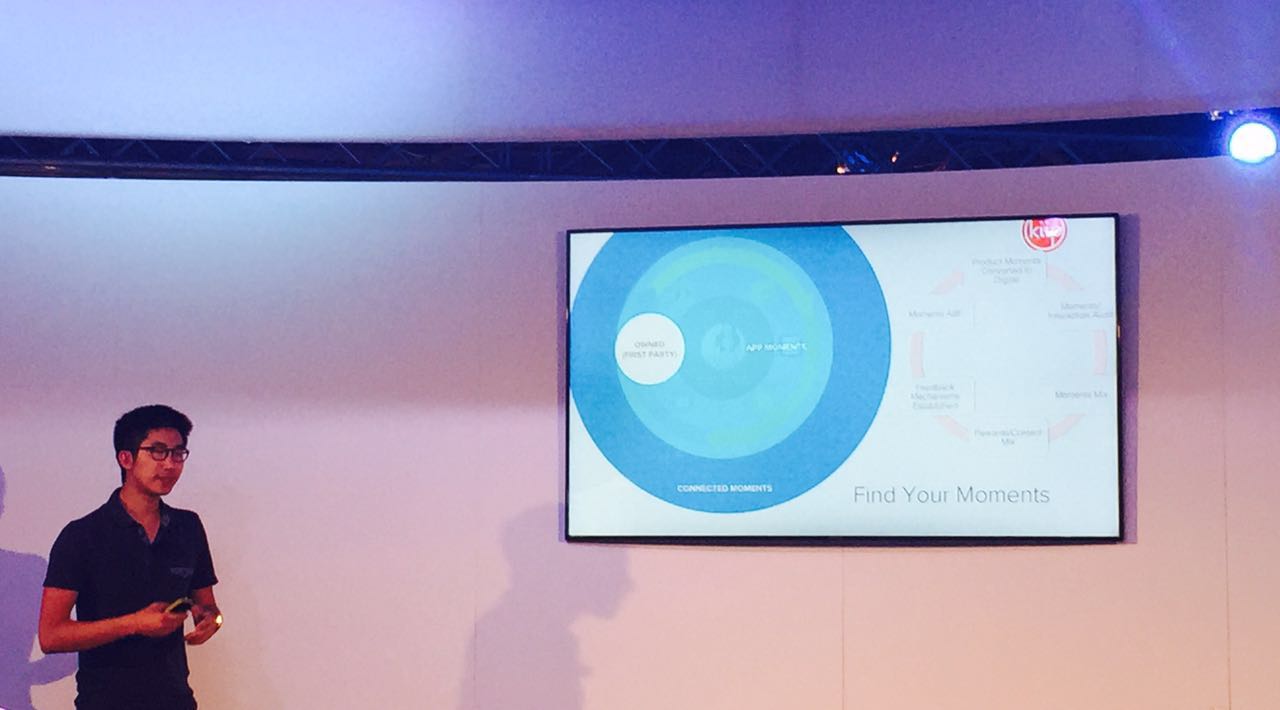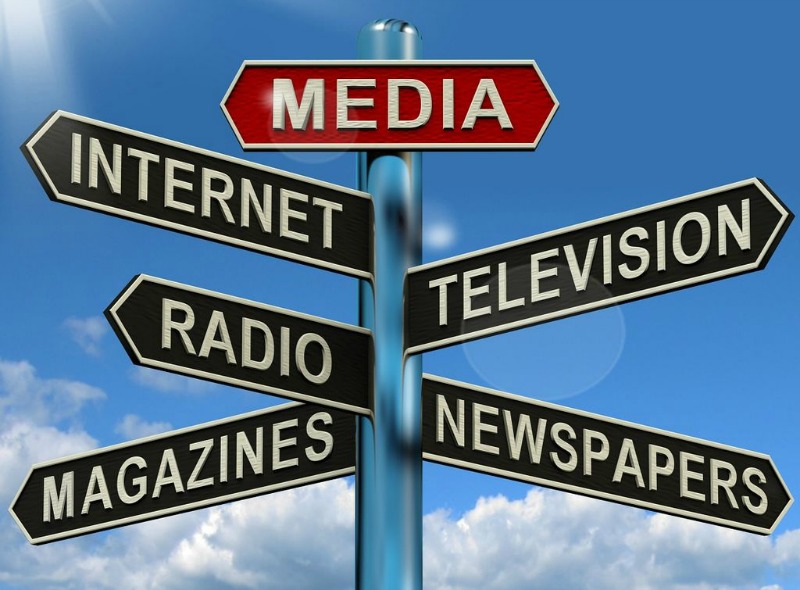Hill+Knowlton Strategies 26 Jun 2015 // 9:31AM GMT

Technology is one of main themes of this year’s Cannes Lions. There are numerous sessions on technology and tech companies are highly visible at every event. More importantly, we can easily find technology elements in majority of the winning campaigns- a perfect reflection of what’s happening in the creativity industry. In the past three days, I attended multiple sessions on how new technologies are impacting all aspects of creativity, and I realized that technology doesn’t only empower us to achieve things that we want to do in new and more efficient ways, but is fundamentally changing the rules of the game.
The Internet of Things (IoT) is one of those “trends” that’s taking place in the technology world. Basically it draws a blueprint that every device in our life will eventually be connected to the internet and function as a censor for data collection. I attended two IoT-related sessions today- “The Internet of Things: the Next Wave of Advertising” and “Creating Valuable Consumer Relations with Connected Moments”- in the newly opened Cannes Innovation center, which widened my perspective of how technology is reinventing creativity with billions of IoT devices around the world.
IoT Brings the Third Wave of Advertising
According to Steve Stanford, Senior Vice President of Business Development at Samsung MSCA, the emerging trend of IoT will bring a new wave of advertising, which is called “programmatic ads.” The key feature of programmatic ads is that they could be highly personalized and published in a timely manner.
By 2020, there will be 50 billion IoT devices in the world that emit tons of data about consumers’ behaviour and preferences. Marketing people could manipulate those data and create one to one relationship with consumers, hence provide tailored information and services. For example, a toothbrush could save the data about when and how you usually use it, as well as the health conditions of your teeth, so that it will notify you to change the toothbrush, see a dentist or even make a dentist’s appointment for you. With that, marketers could easily grasp every need of each consumer, and do marketing in a more effective, faster and more efficient way.
Add Value to the Personal Moments
The other session “Creating Valuable Consumer Relations with Connected Moments” takes a step forward and really looked into the moments that we as marketers could share with consumers through information gathered from IoT devices.
The speaker, Brain Wong, founder and CEO of Kiip, pointed out that we should focus on people’s existing behaviour patterns and find out the key moments when a brand could play a role, rather than trying to create new patterns. What are those “moments” like? For a car, a “moment” could be when it runs out of gas, needs oil changed or drives too fast. The data from the connected car operating system could predict when those moments are coming.
So how should marketers utilize the moments? Pushing advertisements of our brands isn’t a wise choice. We should try to add value to the moments and make the consumers’ lives better, with our brand. For instance, if someone’s smart band told us that he/she is about to go running, then sending a running playlist would be a good way to engage the customer at that moment.
As the IoT industry is still fast developing, we’re still exploring our ways in the massive amount of data that they are creating. Privacy is definitely one big issue when it comes to personal data. How should we manipulate the data? Who should we share it with? What’s the ethics of marketing with personal data? Those are all questions marketers will encounter as we move toward the IoT era. In addition, since the sources of data are becoming increasingly diverse, which data should we trust when they’re so fragmented or even contradicting? It’s a challenge for us to make the most sense out of consumers’ data.
On the other hand, no matter how technology evolves, it is still a medium of storytelling. Just like Keith Weed, Chief Marketing and Communication Officer of Unilever said, “we must keep the idea central and focus on ideas”, because at the end of the day, “we’re marketing for people.”


































.jpg)


.png)
.jpg)











